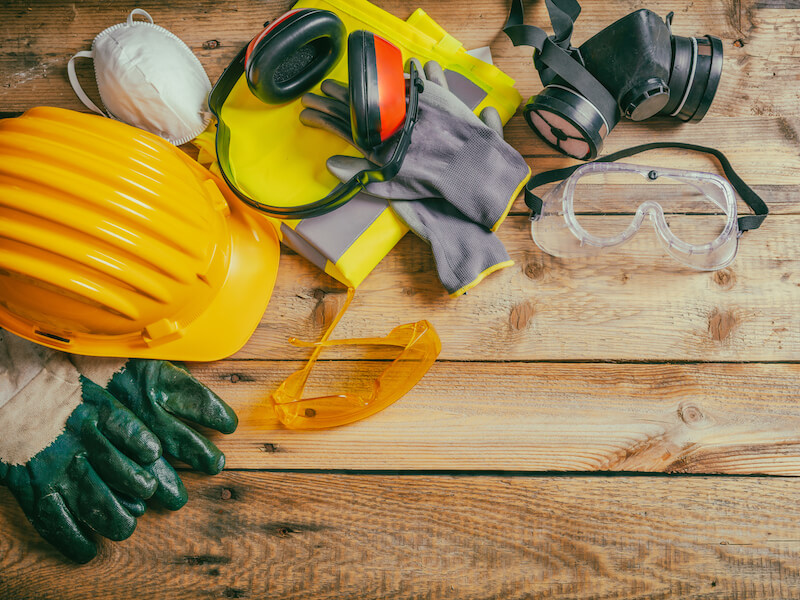
Around two million workplace injuries are reported every year. Usually, we think of a hand caught in a piece of machinery or a flying projectile when we consider work-related injuries.
But the most common workplace injury is far more insidious and often goes unreported. It sneaks up on people really slowly over the course of several years. Most individuals don’t even notice it’s happening until it becomes severe. People often make excuses. “It’s just part of growing older” or “It’s not a permanent issue”. This isn’t unusual.
And it’s unusual for people to even acknowledge that their workplace is the cause of this injury.
Hearing damage is this insidious injury. There are several warning signs you should identify, and there are important steps you need to take if you believe the damage is already done.
Exactly When Does The Volume Become “Too Loud”?
Your hearing can be permanently damaged with sustained exposure to as little as 85 decibels (dB) over a long period. For reference, a vacuum cleaner runs at around 75 decibels dB. Eighty-five dB for a lawnmower. A chainsaw or leaf blower produces more than 100 dB. A gunshot is about 140 dB.
How noisy is your workplace? Is the most common workplace injury a problem for you? Over time, your hearing can be damaged if you are regularly exposed to sound as loud as a lawnmower, even if it’s not constant.
Hearing Injury Signs
You’re definitely damaging your hearing if you work in a noisy environment without hearing protection.
Your experiencing hearing loss if you notice any of the following signs:
- You can’t understand the person speaking if there’s background sound.
- Conversations sound muffled.
- You suspect people speaking to you are constantly mumbling.
- When people speak, you tend withdraw.
- You confuse consonants – “Todd” sounds like “Dodd,” for instance.
- You frequently ask people to repeat themselves when they speak.
- Your friends and family tell you your television, radio, or computer tablet volume is too loud.
- You hear ringing, whistling, or hissing even when it’s quiet.
- Loud sounds cause pain in your ears.
What Are Employers Doing to Reduce Hearing Damage?
Businesses and organizations are working with the latest technology to decrease workplace noise in excessively loud settings. Government agencies are working to update recommendations that will decrease workplace noise and protect employees.
As more employees become aware of the recurring damage they have suffered as a result of workplace noise, they are coming forward. Further change will come as their voices are heard.
Preventing Further Damage
Protecting your ears before they are damaged is the best plan if you work in a loud setting. Using protective earmuffs or earplugs on the job will help reduce potential damage.
Make an appointment for a hearing examination as soon as possible if you believe a noisy workplace has caused damage to your hearing. When you ascertain the level of your hearing loss, you will find out how to avoid further damage going forward. We can help you develop strategies to avoid further hearing loss and deal with the damage you’ve already experienced.